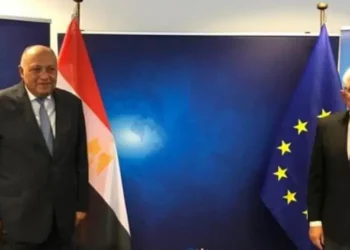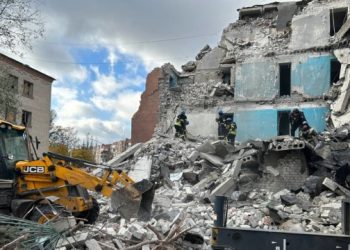Human Lives Human Rights: Zhenia is a migrant rights defender in Belarus, based in Minsk, Belarus. She helps migrants amidst the obstacles the authorities put in her way.
In 2016, a large number of people from the Caucasus fled their countries to escape torture and persecution by the police. They wanted to ask for asylum in Poland or Lithuania but were not permitted to do so, so instead, they got stuck in Belarus.
We saw they had no idea what to do or where to go and when no organizations were able to help them, Zhenia, a human rights defender voluntarily started an informal mission to assist.
She helped them to apply for protection in Poland and to make complaints, her specific role was to interview the migrants about their experiences of torture.
Being a rights defender in Belarus, a criminal offence
Since January 2021, being a human rights defender in Belarus has been a criminal offence, punishable by up to two years imprisonment.
It’s really hard to work without registration: we cannot access funding and risk prosecution for organizing public events and providing direct assistance to our beneficiaries, says Zhenia.
Organising or managing illegal migration is a criminal offence, and several years ago, a lawyer working on migration was prosecuted for providing a foreigner with housing and material support. In the end, she was disbarred.
Attending mass protests carries a risk of criminal prosecution, and authorities find people who have attended through photos posted on social media.
Posting something related to human rights work on social media can also lead to criminal prosecution, such as in the case of Nasta Loika, who was charged with ‘hooliganism’ under anti-extremist legislation and detained in extremely poor conditions.
But despite all this, Zhenia and her team has managed to have careful communication, colleagues abroad who act as intermediaries to put them in contact with migrants in need via Messenger, WhatsApp and Telegram. But there are no direct calls.
The exception is when there is a situation to meet people in person. After the humanitarian crisis in Belarus unfolded from summer 2021, the people affected were too scared of possible detention and expulsion to approach mainstream services or to seek help from NGOs that work closely with the government.
So there was a need to meet people to provide them with the clothes, food and access to medical assistance they needed.
Right now, international organizations based abroad support human rights defenders in Belarus, but those in the country stay silent. Their intervention would be really useful to put pressure on the government at all levels.


















